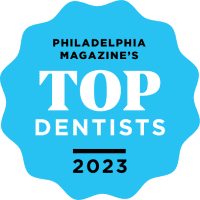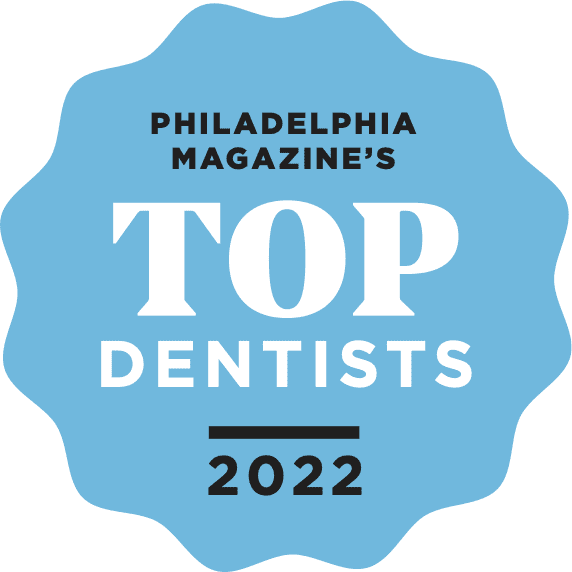If you are dissatisfied with the appearance of your smile, tooth bonding may be the cosmetic dental treatment for you. This procedure is affordable and effective. Enhancing your smile can give you a confidence boost that can carry over to other aspects of your life.
With any dental procedure, a patient is bound to have questions. Dr. Drew Shulman, a dentist based in northeast Philadelphia, describes tooth bonding and how this cosmetic dentistry treatment can benefit your smile.

Do I Need Cosmetic Tooth Bonding?
Tooth bonding can assist dental patients who hope to improve the appearance of their smiles. This cosmetic procedure can help individuals who are concerned with the following dental issues:
- Whitening discolored teeth
- Filling gaps between teeth
- Repairing cracked or chipped teeth
- Reshaping broken or short teeth
- Fixing cavities or tooth decay
What Is the Bonding Procedure Like?
During the tooth bonding procedure, your dentist will apply resin to the affected teeth and sculpt it according to your aesthetic goals. The dentist will use concentrated light to help the resin adhere to tooth enamel and polish the bonding for a natural, beautiful finish.
The procedure is painless and might not even require a local anesthetic. Some patients may notice a small amount of tooth sensitivity following the procedure, but these side effects will fade after a few days.
How Long Will Cosmetic Benefits Last?
You will notice an immediate improvement in your smile’s appearance following the tooth bonding process. These results will last between four and eight years with proper oral hygiene practices.
You can discuss touch-up appointments with your dentist if you notice cosmetic enhancement beginning to fade after a few years. The resin is durable, so you will be able to feel confident that the bonding benefits can continue through the normal wear and tear of your teeth.
Extreme pressure, such as teeth grinding or clenching, may be detrimental to the integrity of tooth bonding, so discuss your options with your dentist if you are aware that you grind your teeth.
Your dentist will recommend that you avoid food and beverages with staining agents, such as red wine, coffee, or tea, for the first 48 hours following your procedure, but you can return to your normal routine directly after this time.






